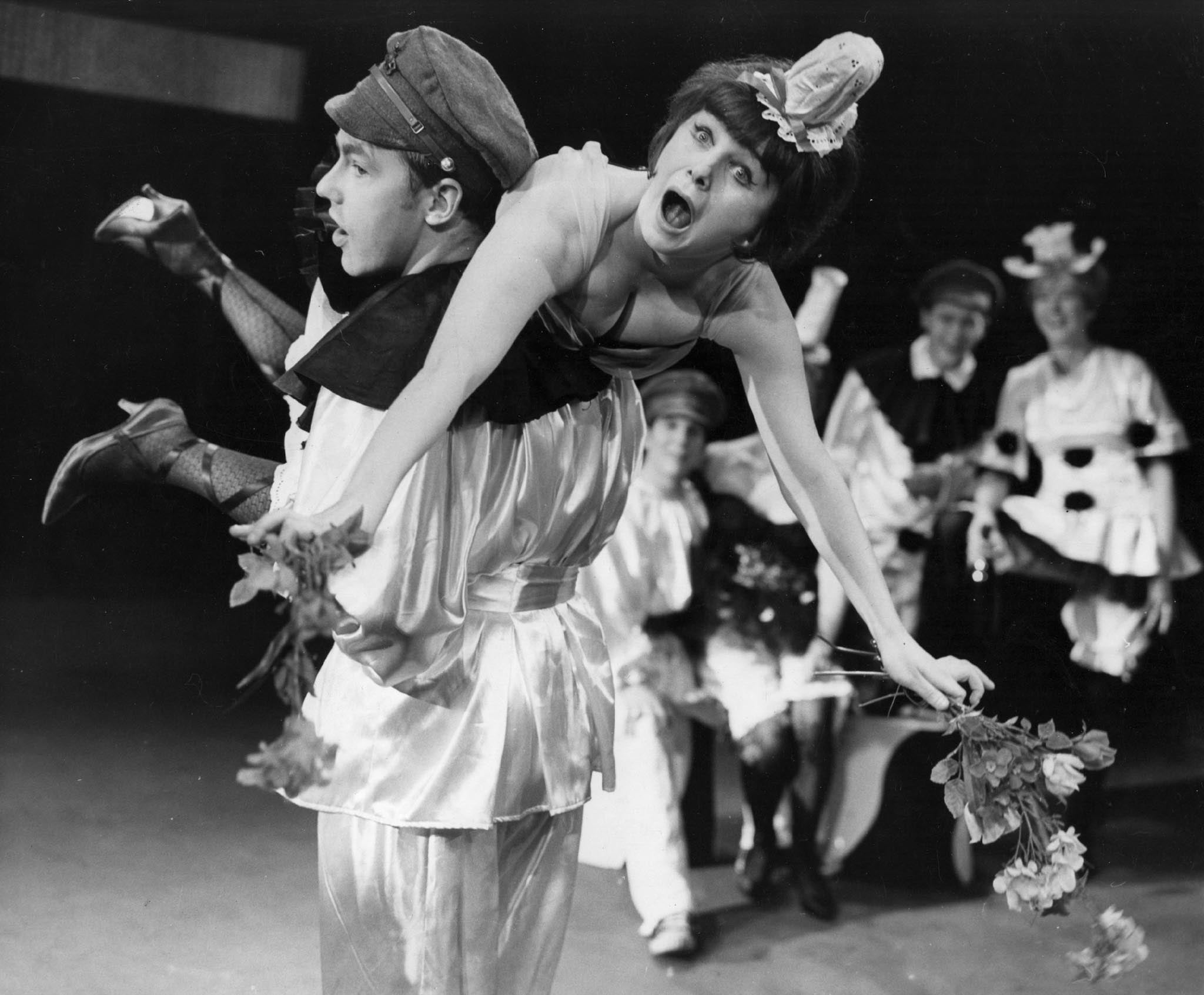David Hare: 'There are no great history-making directors today in British theatre'
Hare claimed there were no directors changing the face of modern theatre today like Joan Littlewood and Peter Brook did

Joan Littlewood and Peter Brook are revered as theatrical innovators who left a revolutionary mark on the stage. But history will not recall today’s generation of directors, who have failed to match the international impact of their predecessors, the playwright Sir David Hare has claimed.
For all their successes, the likes of Sir Kenneth Branagh and Sam Mendes, have not earned the right to be bracketed alongside Littlewood, who introduced improvisation and working-class language into mainstream theatre and Brook, 88, acclaimed for his radical interpretation of Shakespeare.
Speaking at the National Theatre during a panel discussion on writing, Hare said: “I don’t mean any disrespect to any director who is now working in theatre but there is nobody in the British theatre working today who has changed theatre in the way Joan Littlewood and Peter Brook changed it.”
Sir David, who wrote Plenty, adapted into a film starring Meryl Streep, and media satire Pravda, which features in a 50th anniversary of the National Theatre gala performance on Saturday night, added: “There are no great international directors today in Britain working on that scale whereby they are changing theatre itself.
“There are some very distinguished directors working internationally, but there is nobody whose name is going to go down in the history of theatre in the way Joan Littlewood’s and Peter Brook’s did.”
Littlewood, who died in 2002, established the Theatre Workshop, based in Stratford, and developed the provocative First World War musical satire, Oh! What a Lovely War, which became a Broadway hit.
Adapting ideas from European theatre practitioners and Brecht, Littlewood introduced improvisation techniques into rehearsals and training and toured the UK, determined to bring theatre to working class audiences.
Brook, who continues to work, revolutionised modern British theatre, with his radical staging of The Tempest in 1957 and with his production of A Midsummer Night's Dream in 1970. He explored further experimental work in Paris, bringing new audiences to productions with an international, multicultural cast of actors.
Asked if he wished to clarify his comments, Sir David said he had nothing to add other than: “Brook and Littlewood changed the nature of theatre. No contemporary director would even claim to have done such a thing.”
During the panel discussion, Sir David added that venues dedicated to new writing are “fertile”, whereas those run in the interests of directors “tend to be sterile”.
He said: “If you run a theatre that is dedicated to new writing one of the wonderfully fertile things that happens is that it creates great directors.
“Whereas, there are a couple of theatres now that are run in the interests of directors and what is interesting is that they don’t produce writers and they rarely produce actors either.”
Hare, who is currently completing a trilogy of British espionage films starring Bill Nighy, added: “There is something about a writer’s theatre which is fertile and there is something about a director’s theatre which tends to be sterile, because directors tend to want to do a familiar repertory of director’s pieces on which they can operate lazily, rather than being challenged by somebody in a room who is producing new work.”
The NT’s Future Questions Platforms continue with discussions on funding and regional theatre next week.
Subscribe to Independent Premium to bookmark this article
Want to bookmark your favourite articles and stories to read or reference later? Start your Independent Premium subscription today.

Join our commenting forum
Join thought-provoking conversations, follow other Independent readers and see their replies